European Union (EU) leaders have asked Hungary to buy as little oil and gas from Russia as possible, but have not offered any assistance in accessing alternative supplies.
The comments were made by Hungarian Minister of Foreign Affairs and External Economic Relations Peter Szijjarto at a press conference in Budapest on October 4, after his meeting with Slovenian Minister of Environment, Climate and Energy Bojan Kumer.
Immediate priority
Earlier, the two ministers signed a memorandum of understanding on the construction of a pipeline between the two countries, through which liquefied natural gas (LNG) can be delivered to Italian ports.
“Under this agreement, within two years we will build a connection point connecting our pipeline systems, through which we will be able to transport 440 million cubic meters of natural gas per year in both directions,” Szijjarto said at a joint press conference with Kumer. Foreign Minister Szijjarto noted that the Hungarian investment in the project will amount to 75 million euros.
“The connection between the Hungarian and Slovenian gas pipelines will significantly contribute to improving Hungary’s energy security and will give us access to the Italian gas market, which we have not had access to so far, allowing us to obtain new sources of LNG, in addition to the terminal in Croatia,” said Szijjarto.
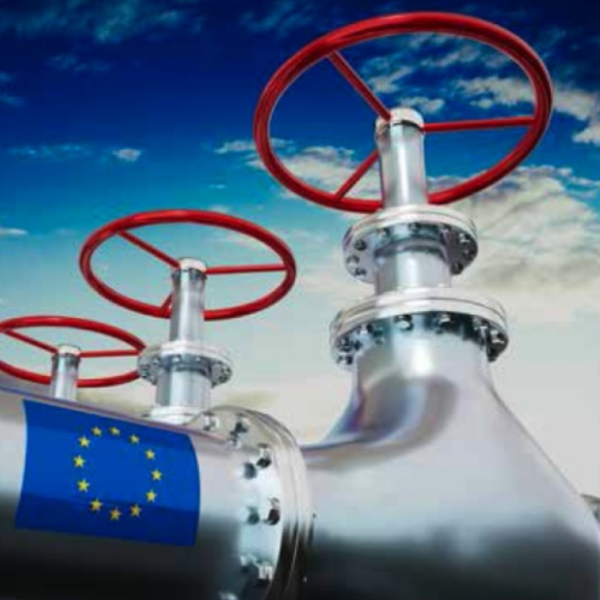
Hungarian Foreign Minister Peter Szijjarto meets with Slovenian Minister of Environment, Climate and Energy Bojan Kumer in Budapest, October 4, 2023. Photo: AP/Newsday
At the press conference, the Hungarian Foreign Minister also stressed that ensuring energy security is not a national or bilateral issue, but a European issue.
“Budapest is under constant pressure from Brussels to buy less energy from Russia. But they (the EU) do not provide financial support so that we can buy from other sources,” the Hungarian diplomat noted.
According to Mr. Szijjarto, the EU refuses to finance the modernization and increase of pipeline capacity in Central Europe on the grounds that in 15 years, gas is expected to be replaced by other energy sources and will be eliminated from the energy mix of developed countries. He considers this argument unacceptable.
“Our priority is to solve the situation next year, not in the next 15 years. That is why we insist that the EU needs to provide funding,” the Hungarian foreign minister explained.
“Of course, if they don't do that, we will still build the gas pipeline, but then Brussels will lose any right to interfere in any way with regard to where and from whom we buy gas or oil.”
Efforts to diversify supply sources
“Energy supply is not a political issue but a material reality,” Mr. Szijjarto reiterated what he has stated many times before. According to him, the supply of oil or gas does not depend on the political position of the country but on the pipelines that flow into the country from oil and gas fields.
Hungary has so far connected its electricity grid to all seven neighboring countries, while its natural gas pipeline system has been connected to six countries, except Slovenia, Foreign Minister Szijjarto said, adding that Hungary is focused on diversifying energy sources and supply routes.
This year, the Central European country received gas from Azerbaijan for the first time, and in the future it plans to buy gas from Türkiye, Turkmenistan and Qatar.
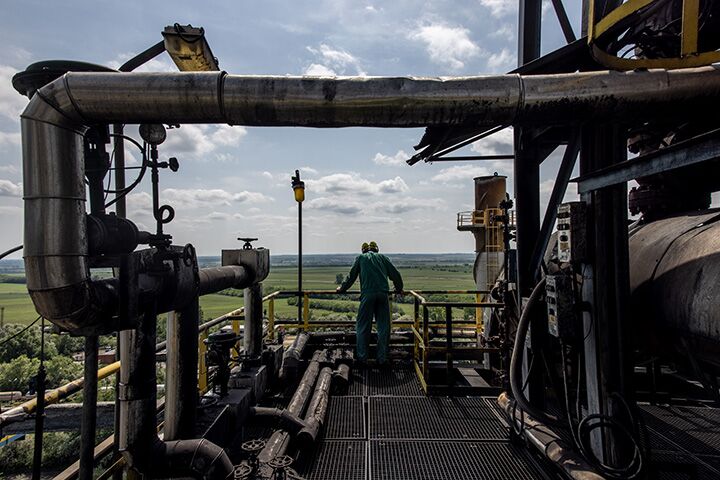
The Duna oil refinery in Szazhalombatta, Hungary. Russian oil arrives in Hungary via the Druzhba pipeline. Photo: Getty Images
As Prime Minister Viktor Orban noted, the EU leadership has decided to “cut off” Russian energy sources, and Hungary “cannot prevent this at the moment,” Szijjarto said, explaining that this is why the government in Budapest has set itself the task of “minimizing the negative consequences of this decision by Brussels.”
Hungary still gets most of its gas and oil from Russia. In September 2021, Hungarian company MVM signed two long-term contracts with Russian energy giant Gazprom, supplying a total of 4.5 billion cubic meters of gas per year via pipelines through Serbia and Austria, bypassing Ukraine.
As the Nord Stream pipeline across the Baltic Sea is no longer available for gas transportation, an agreement was reached in October 2022 to increase Russian gas supplies along the southern route - TurkStream and its branch through Bulgaria and Serbia. In 2022, Hungary received 4.8 billion cubic meters of gas via this route.
As for Russian oil, it reaches Hungary via the southern branch of the Druzhba pipeline, which is exempt from EU sanctions. In 2022, 4.9 million tonnes of oil were supplied to Hungary via this route, which also goes to refineries in the Czech Republic and Slovakia .
Minh Duc (According to TASS, CE Energy News)
Source




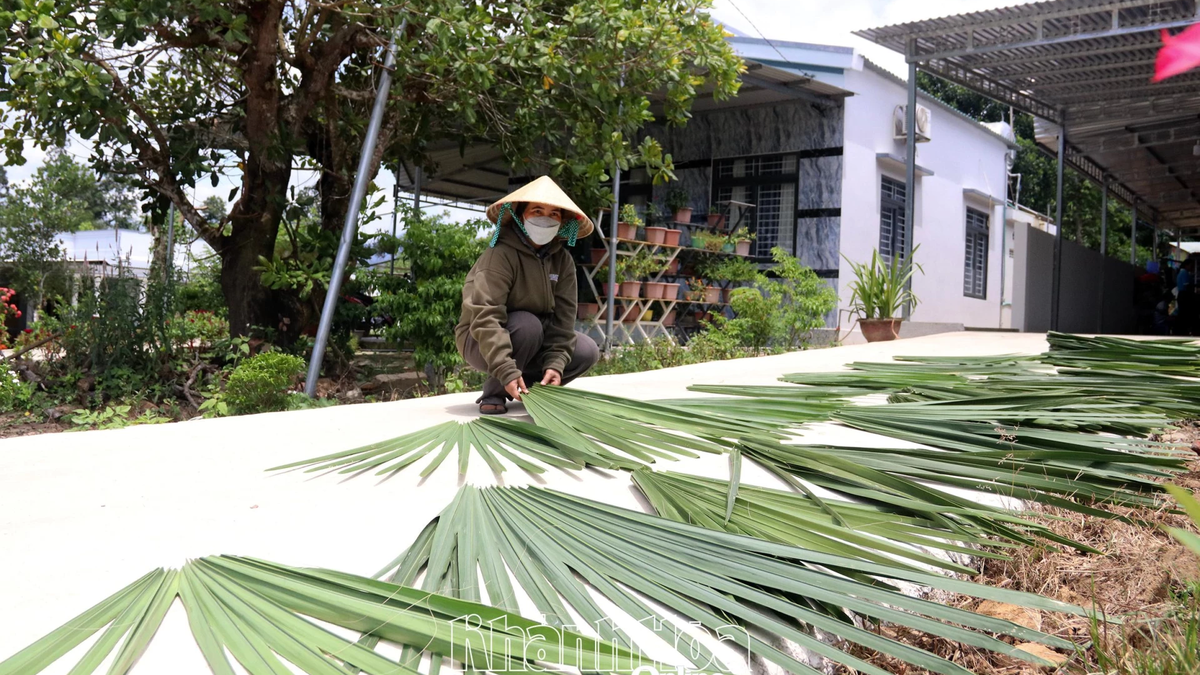

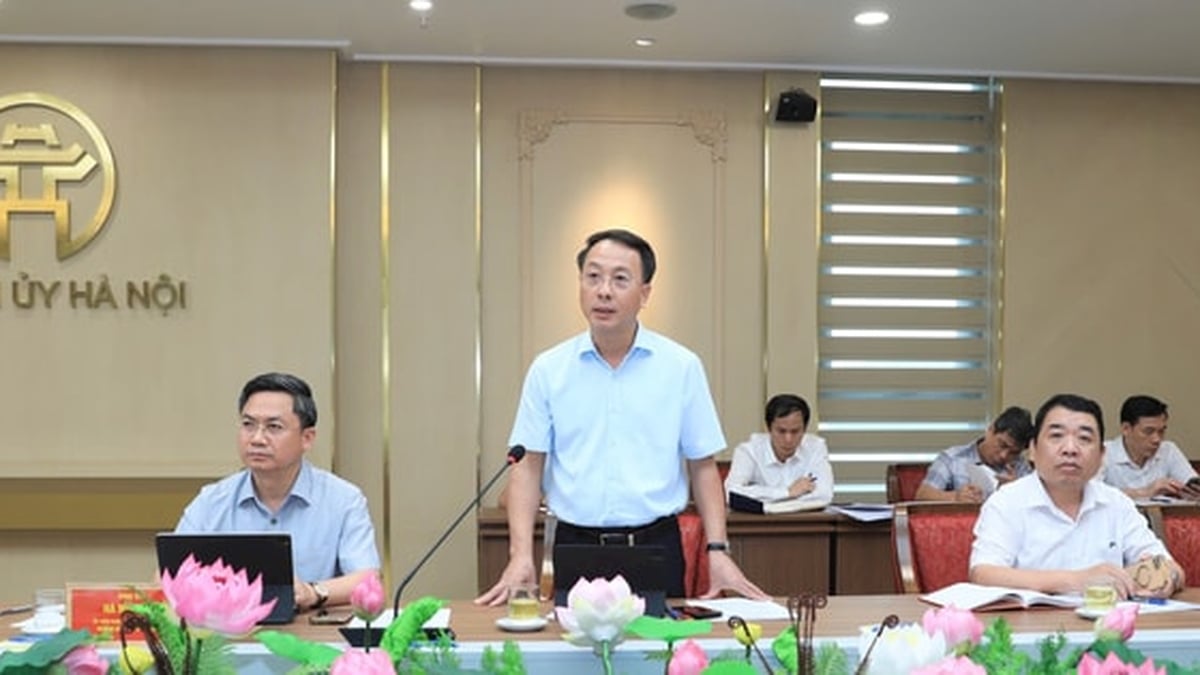



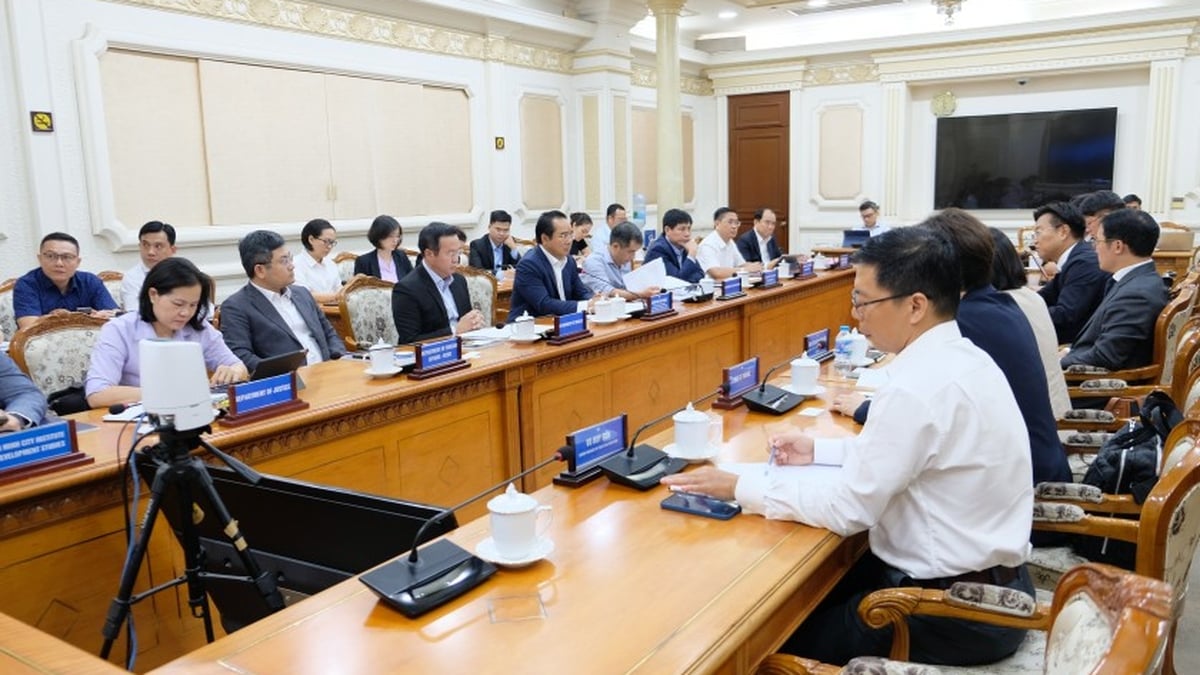
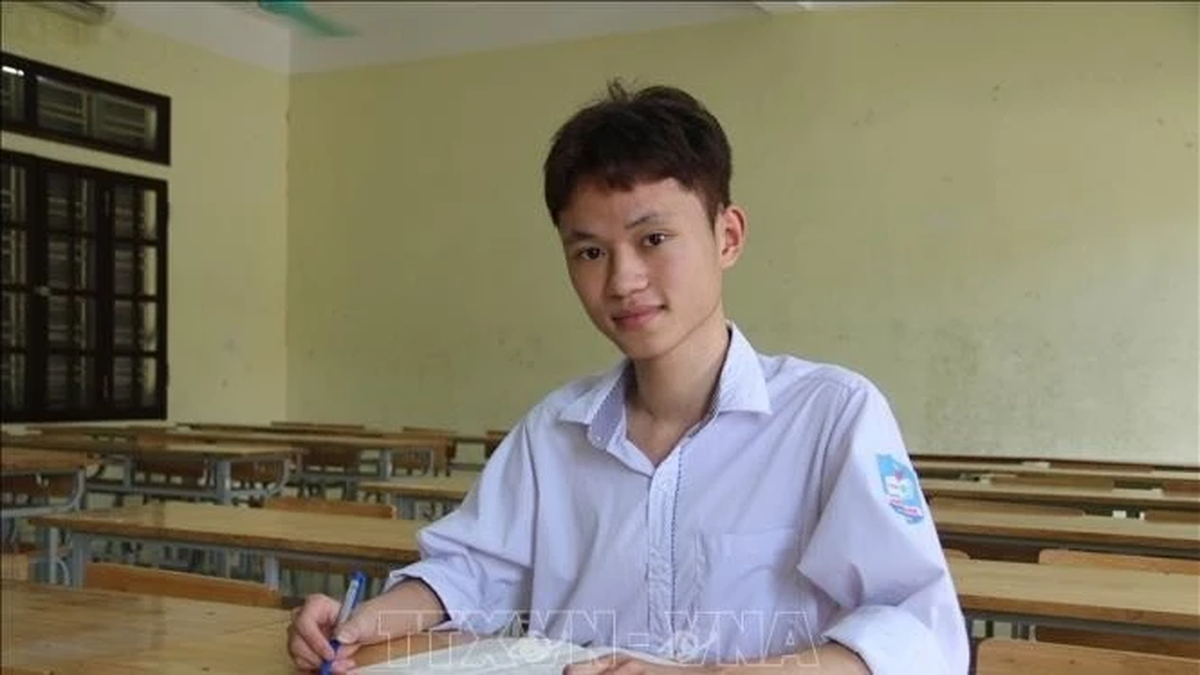








































![[Maritime News] More than 80% of global container shipping capacity is in the hands of MSC and major shipping alliances](https://vphoto.vietnam.vn/thumb/402x226/vietnam/resource/IMAGE/2025/7/16/6b4d586c984b4cbf8c5680352b9eaeb0)













































Comment (0)